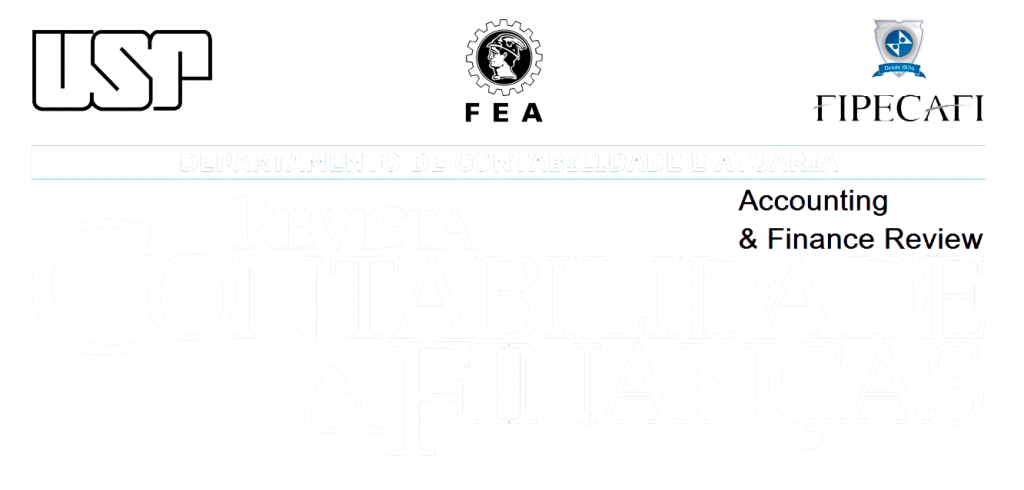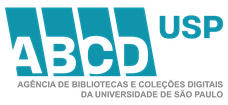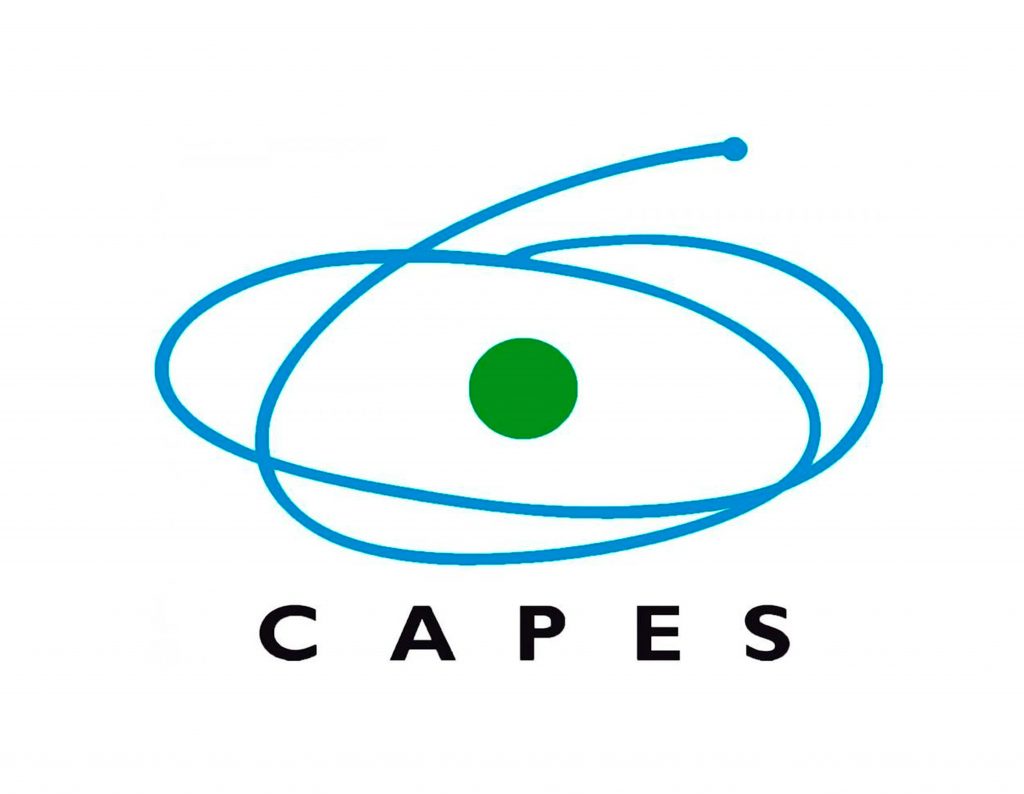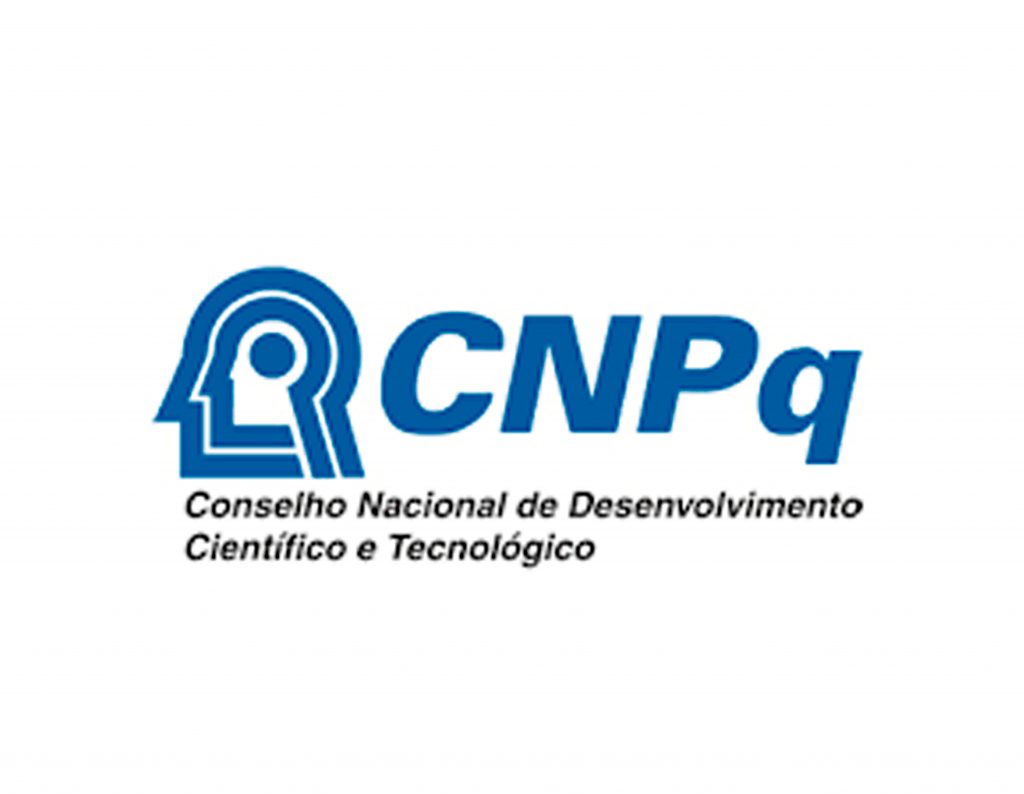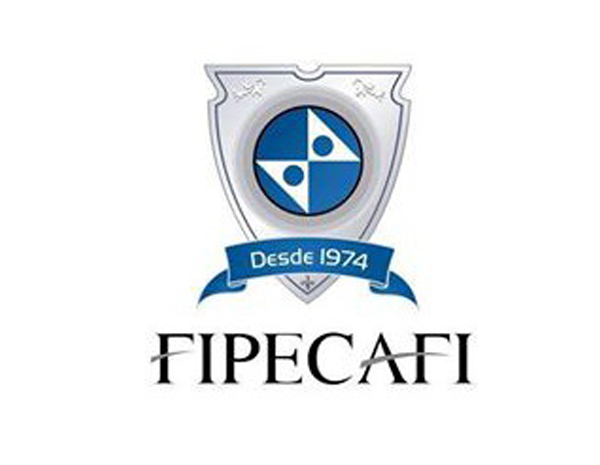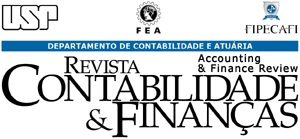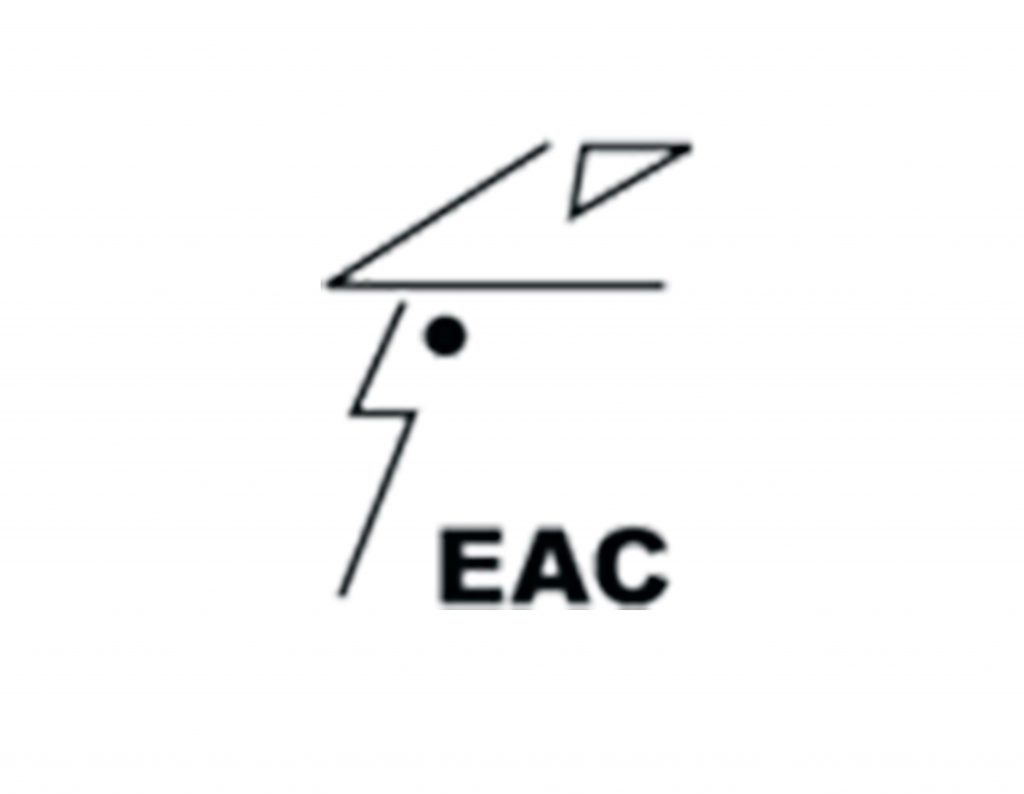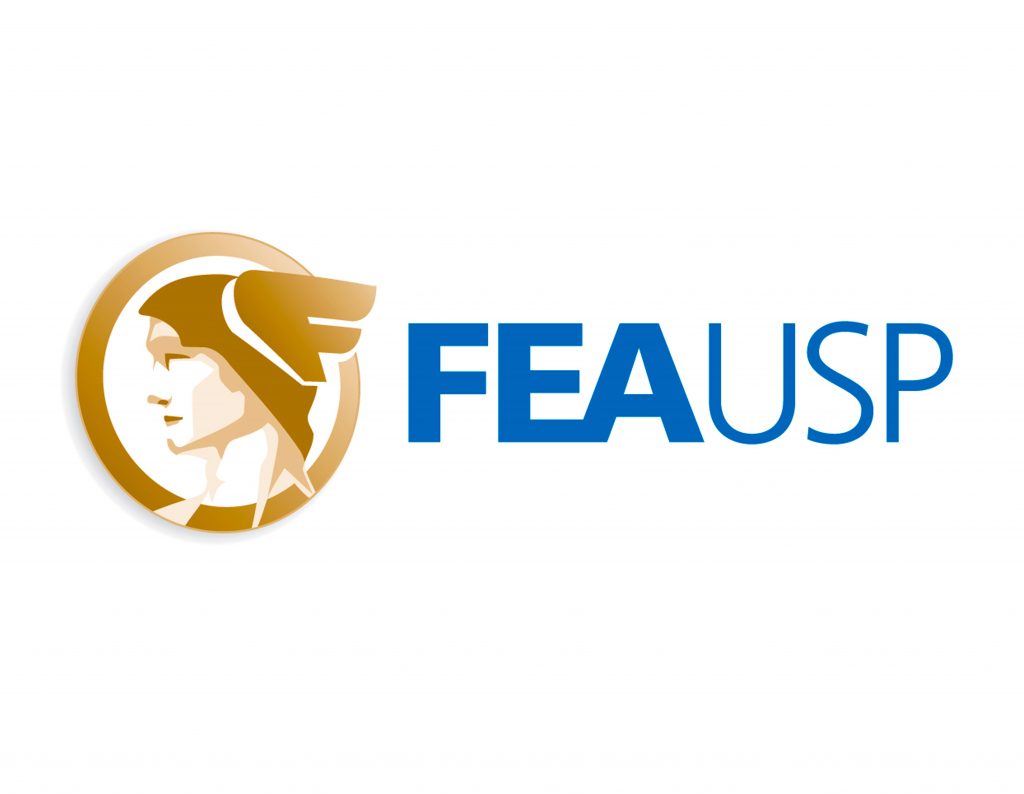SCOPE AND RESEARCH AREAS
RC&F publishes inedited theoretical development papers, theoretical-empirical studies, and thesis-support essays in Accounting, Controllership, Actuarial Sciences and Finance. The journal accepts research papers in different paradigms and using various research methods, provided that they are consistent and relevant for the development of these areas. Besides research papers, its main focus, traditional papers and manuscripts in other formats that can contribute to communicate new knowledge to the community are also published.
On submitting an article to RC&F, the author(s) shall certify that the work is in line with the Research Guidelines and with the scope of the Journal.
The research guidelines which implement the focus of publication are:
- Management accounting and controllership: Refers to the field of research and studies on management accounting and controllership and their use in the organizations. Among the various themes of interest, it considers: management accounting; cost analysis and management; auditing of public, private, and third sector entities; tax planning and management; supply chain; strategic planning and budget control; management control systems; management information systems; assessment of investment projects; sustainability; controller career; among others. This line of research treats various organizations types, including startups.
- Financial accounting: Involves the development of studies and research related to the aspects of identification, measurement, and disclosure of accounting information. Some of the principal elements are: accounting theory; corporate accounting; standard convergence; social balance sheet (value added statement, environment, human resources); intellectual capital; governmental and third sector accounting; independent auditing; financial statement analysis; recognition of inflationary effects; tax accounting; corporate governance.
- Financial market and companies/stakeholders integration: Covers studies and research aimed at conceptual and/or empirical aspects of the financial system markets (credit, exchange, monetary, and capital markets), as well as the relationships of taker and investor of resources, from the perspective of past and/or projected corporate performance, interest conflicts, transparency, governance, always linked to the accounting discussion.
- Accounting, controllership, actuarial and financial education and research: Refers to the investigation of models, methods, techniques and instruments aiming at the improvement in quality of the entire teaching/learning process, as well as the construction of scientific works in all areas of the accounting, financial, and actuarial sciences. Comprises: higher education and accounting, finance, and actuarial sciences; accountants education; international curriculum; teaching and learning process; learning styles and strategies; education technology; on-line education and virtual collaborative models; accounting epistemology; profile; entrance process; permanence and dropout in the higher education; egress progression; assessment of educational programs.
- Actuarial sciences: Covers themes related to risk management and social protection. Some of the principal areas are all of the modalities of insurance, basic security and complementary welfare, health, enterprise risk management and financial risk, finance and investments, demography and aging, and other research themes using actuarial techniques.
- Emerging themes in accounting, finance, and actuarial sciences: Includes works on innovative themes, approaches, methodologies or which may have an interdisciplinary character, which does not fall within the previous lines.
- Researches developed within the Hispanic areas: Aims to become a meeting point between researches carried out in the Hispanic, Brazilian, and Anglo-Saxon areas, based on articles written in the Hispanic area.
If the authors have doubts about the compliance of their works within RC&F research guidelines, they should contact the Editor-in-Chief (recont@usp.br).
